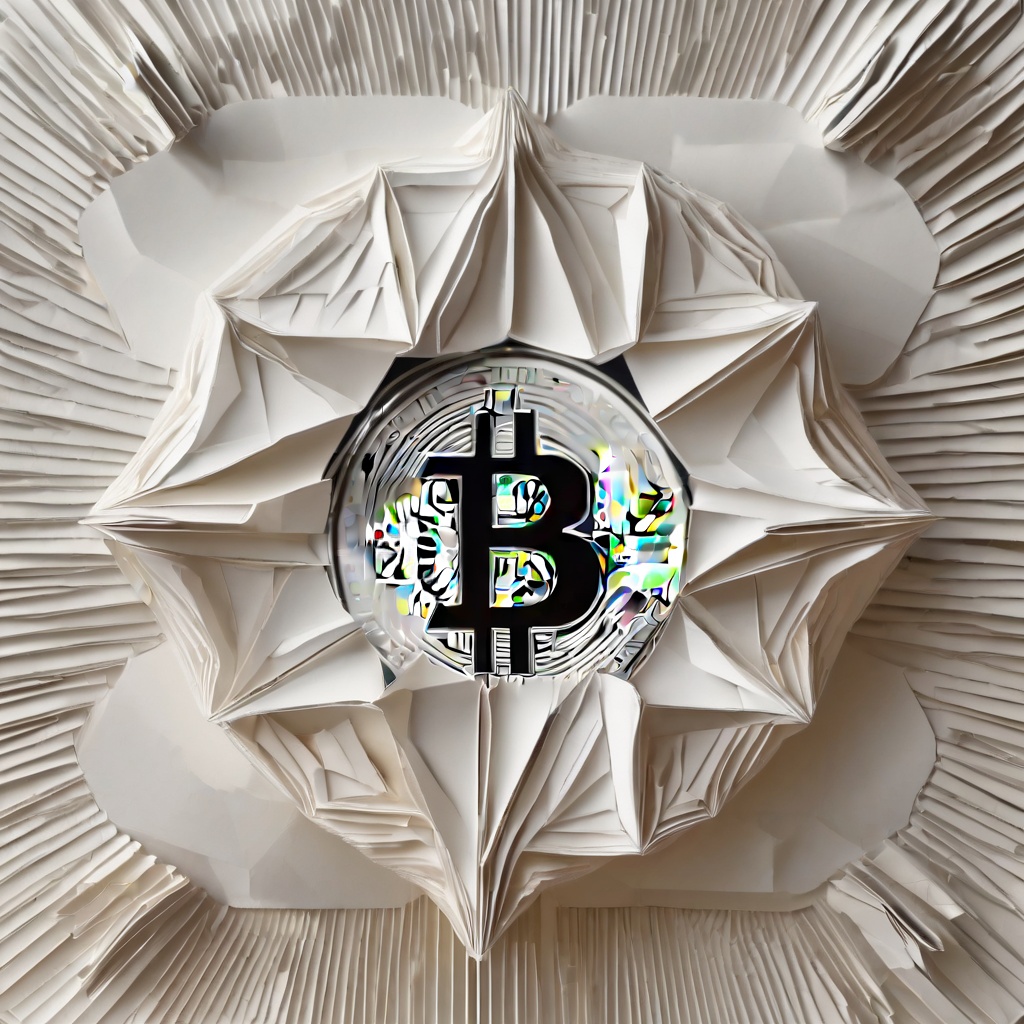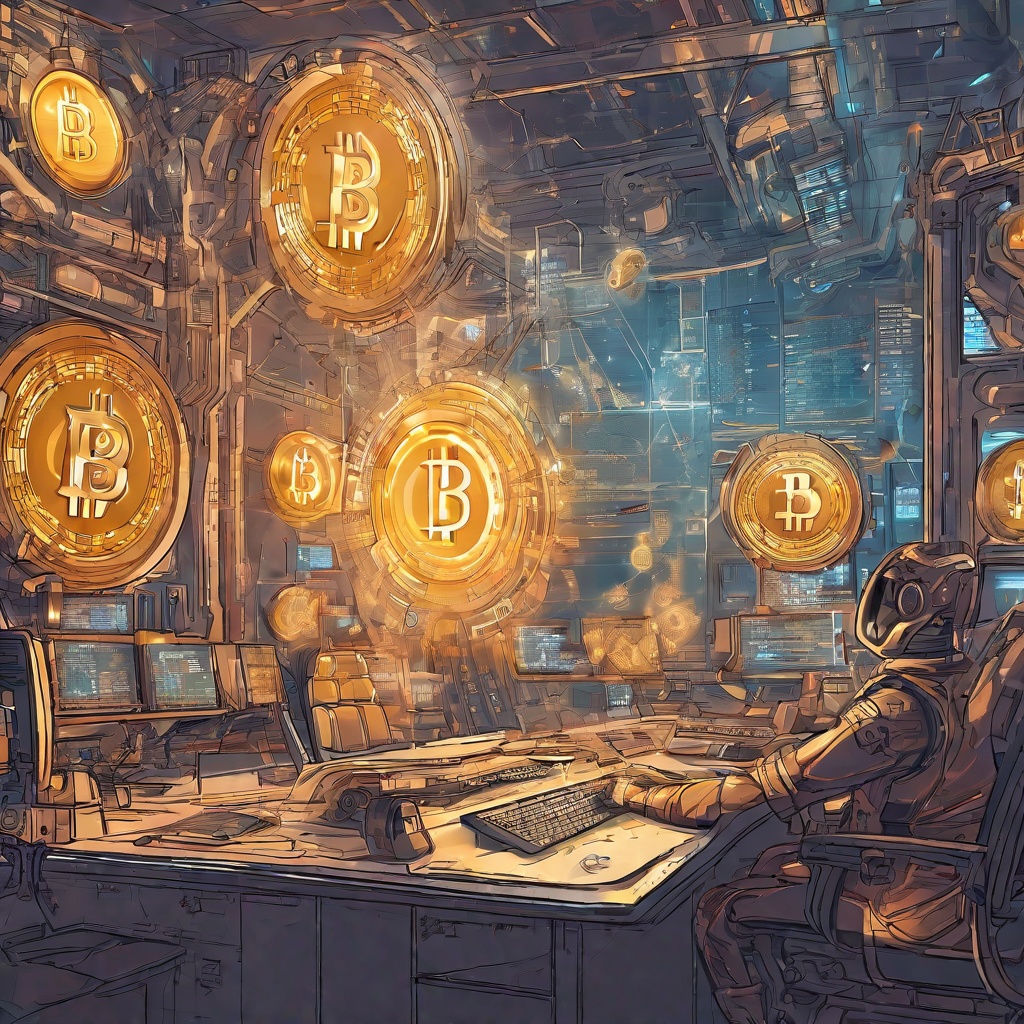Is Solana better than Cardano?
Ah, you've thrown me a tough question indeed. Solana and Cardano, both are giants in the realm of cryptocurrency and blockchain technology, each with its unique strengths and advantages. Solana, with its emphasis on scalability, speed, and efficient transaction processing, has gained a reputation for being a top-tier platform for developers and enterprises seeking a reliable and high-performance blockchain solution. On the other hand, Cardano, known for its focus on scalability, decentralization, and security, has garnered praise for its innovative Proof of Stake consensus mechanism and its commitment to robust and secure transactions. Its double-blockchain architecture and Ouroboros consensus protocol contribute to its efficient operation and high throughput. So, which is better? It truly depends on your specific needs and the context in which you plan to use the blockchain. Solana might be the better choice if you're looking for blazing-fast transaction speeds and a platform optimized for high-volume transactions. Cardano might be more suitable if you value a blockchain that emphasizes security, decentralization, and a robust ecosystem for smart contracts and decentralized applications. In essence, both Solana and Cardano are powerful blockchain platforms with their own strengths. The answer to your question lies in understanding your specific requirements and evaluating each platform based on those criteria. It's a decision that requires careful consideration and an in-depth understanding of both technologies.

Is Solana better than XRP?
Hello there, I've been hearing a lot about Solana and XRP recently and I'm trying to decide which one is the better investment. Could you help me understand the differences between these two cryptocurrencies? Specifically, what advantages does Solana offer compared to XRP? And are there any key disadvantages of XRP that Solana might have overcome? I'm particularly interested in scalability, transaction speeds, and potential for growth. Also, how do they fare in terms of adoption and use cases? Could you elaborate on these points and help me make a more informed decision?

Is Cardano better than Bitcoin?
I've been hearing a lot about Cardano lately, and I'm curious to know if it really is better than Bitcoin? I understand that Bitcoin is the original and the most well-known cryptocurrency, but Cardano seems to be making some big claims about its scalability, security, and sustainability. Is it really worth investing in Cardano instead of Bitcoin? What are the key differences between them, and how do they compare in terms of market capitalization, adoption, and overall potential? I'm trying to make an informed decision about my investments, so I'd really appreciate a detailed explanation of the pros and cons of both Cardano and Bitcoin.

Is Optimism better than arbitrum?
I've been hearing a lot about Optimism and Arbitrum, two leading Ethereum scaling solutions. But I'm still not quite sure which one is better. Could you please help me understand? I've read that Optimism offers optimistic rollups, promising faster transaction speeds and lower fees. At the same time, Arbitrum boasts of its high-performance arbitration layer, aiming to enhance scalability and security. So, my question is: based on the current state of technology, ecosystem adoption, and overall user experience, which one do you think is superior? Is Optimism's optimistic rollup approach more effective than Arbitrum's arbitration layer? Or are there specific use cases where one excels over the other? I'm really eager to get your insights on this matter. Your expertise in the field of cryptocurrency and finance would be greatly appreciated.

Is Cardano better than Dogecoin?
Could you please clarify for me which cryptocurrency offers a more superior performance? Is Cardano, with its emphasis on scalability, interoperability, and sustainability, a stronger contender than Dogecoin, which is more known for its humorous origins and widespread community support? I'm trying to make an informed decision about which coin to invest in, and I'm curious about your expert opinion on this matter. Could you elaborate on the key differences between these two cryptocurrencies, and perhaps provide some insights into their future prospects? Thank you for your time and expertise in this field.

